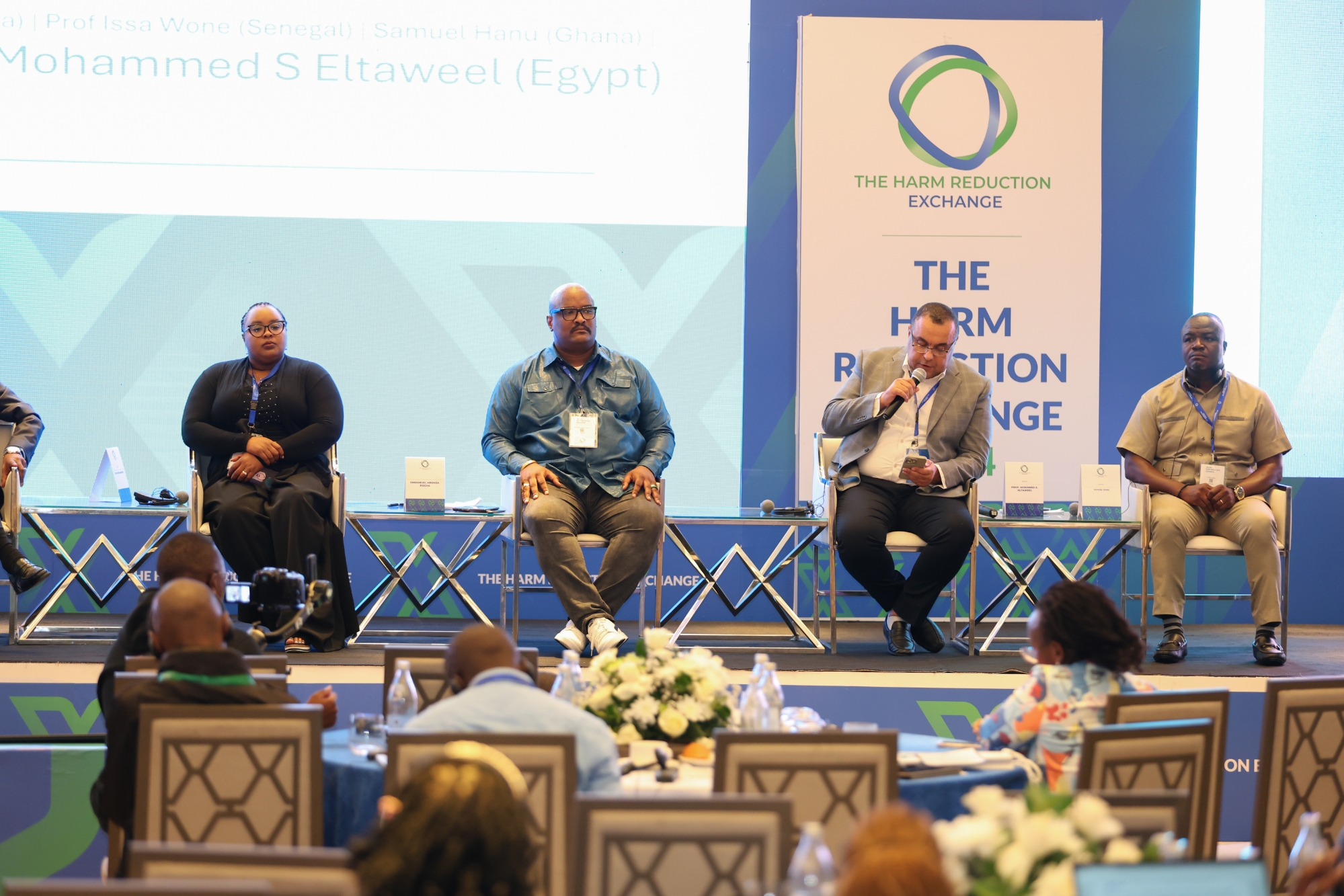African governments have been urged to adopt science-based policies to address the harms of tobacco and opioids. This call was made at the fourth Harm Reduction Exchange in Nairobi. Experts emphasized evidence-based policies to protect public health.
Dr. Vivian Manyeki, a Kenyan public health specialist, stressed the value of harm reduction policies and programs. She urged governments to strengthen tobacco control laws and use tobacco taxes for public health initiatives.
The conference, titled “Enabling Innovation in Harm Reduction through Science-Led Regulation and Policymaking,” brought together key stakeholders. Participants included policymakers, health experts, media, and members of BAHLITA.
Wilson Box, Zimbabwe Civil Liberties and Drug Network Executive Director, noted regulatory gaps in African countries. He highlighted how low-income countries struggle to regulate nicotine products due to limited resources.
Dr. Mohammed S. Eltaweel shared Egypt’s success in using buprenorphine and regulating cigarette alternatives. He said these interventions have reduced health and social burdens in Egypt. Kenya’s 2007 Tobacco Control Act was praised for distinguishing between product types. However, neighboring countries still face significant challenges in regulation.

Nigeria’s tobacco laws make no provision for non-combustible products, while Ghana has banned harm-reduction products such as shisha altogether. Dr. Michael Kariuki advocated nicotine replacement therapies (NRT) like patches and lozenges as safer smoking alternatives.
“These products are effective, safe, and cancer-free. Media should raise awareness of these alternatives,” he said. The Forum urged Africa to prioritize science in policymaking to address smoking-related deaths and healthcare costs.
Experts stressed that innovation and collaboration are vital for progress in harm reduction. “Science offers solutions, but misinformation and ideology hinder progress,” a panelist noted. The event highlighted the importance of informed regulation and harm reduction for a healthier future in Africa.










